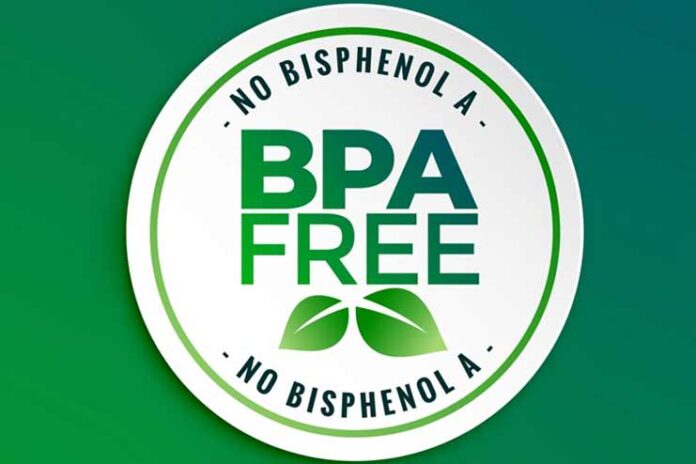Affiliate Disclaimer
Some links in this article are affiliate links. We may earn a small commission if you make a purchase through these links, at no extra cost to you. We only recommend products we find useful to our readersBPA exposure has been linked to a number of health ailments. BPA, or bisphenol A, is a common industrial chemical found in plastics and resin materials. While the Food and Drug Administration has set limits on what is considered safe exposure to BPA (Bisphenol A), even these levels may pose health risks.
A new study (R) conducted by researchers from the University of Missouri is the first of its kind to identify a common causative agent in humans, daily BPA (Bisphenol A) exposure, as a potent factor behind altered insulin levels in the bodies of non-diabetic individuals.
While the Food and Drug Administration has deemed the permissible exposure to BPA (Bisphenol A) as “safe,” there are concerns that this level may not be safe enough for those exposed regularly. The study suggests that BPA (Bisphenol A) exposure could be linked to the development of Type 2 diabetes and other metabolic diseases.
Frederick vom Saal, the co-author of the study and an endocrinologist as well as Curators’ Professor in the Division of Biological Sciences at the MU College of Arts and Science, explained that Bisphenol A (BPA) is an endocrine-disrupting chemical commonly used in the production of thermal paper receipts and other consumer products, such as plastic bottles.
Saal further explained that their research involved both human and mouse pancreatic cells. When these cells were exposed to low doses of BPA (Bisphenol A), it triggered an insulin response. This finding led the researchers to explore the potential connection between BPA (Bisphenol A) exposure and its impact on the body’s functions.
In both studies, the subjects were administered a dosage of BPA (Bisphenol A) deemed “safe,” roughly equivalent to the amount one would encounter when handling a printed cash receipt at a shop counter. Alternatively, some subjects were exposed to a placebo instead.
After both protocols, insulin testing was carried out on the subjects. The first study was done with an oral glucose tolerance test, and the other was conducted with a hyperglycemic clamp. Both scenarios showed that BPA (Bisphenol A) exposure altered insulin levels when compared with a placebo group. When such experiments were conducted on animal subjects, repeated BPA exposure resulted in insulin resistance.
Saal commented that this study is only the first step in determining the possible effects of BPA (Bisphenol A) exposure on insulin levels and Type 2 diabetes risks. He emphasized that this exploratory study needs replication and extension to have a more solid footing toward understanding such implications.
-
Sep 2018Written by Somapika D
-
Sep 2024Edited by Lakshmi Gayatri















